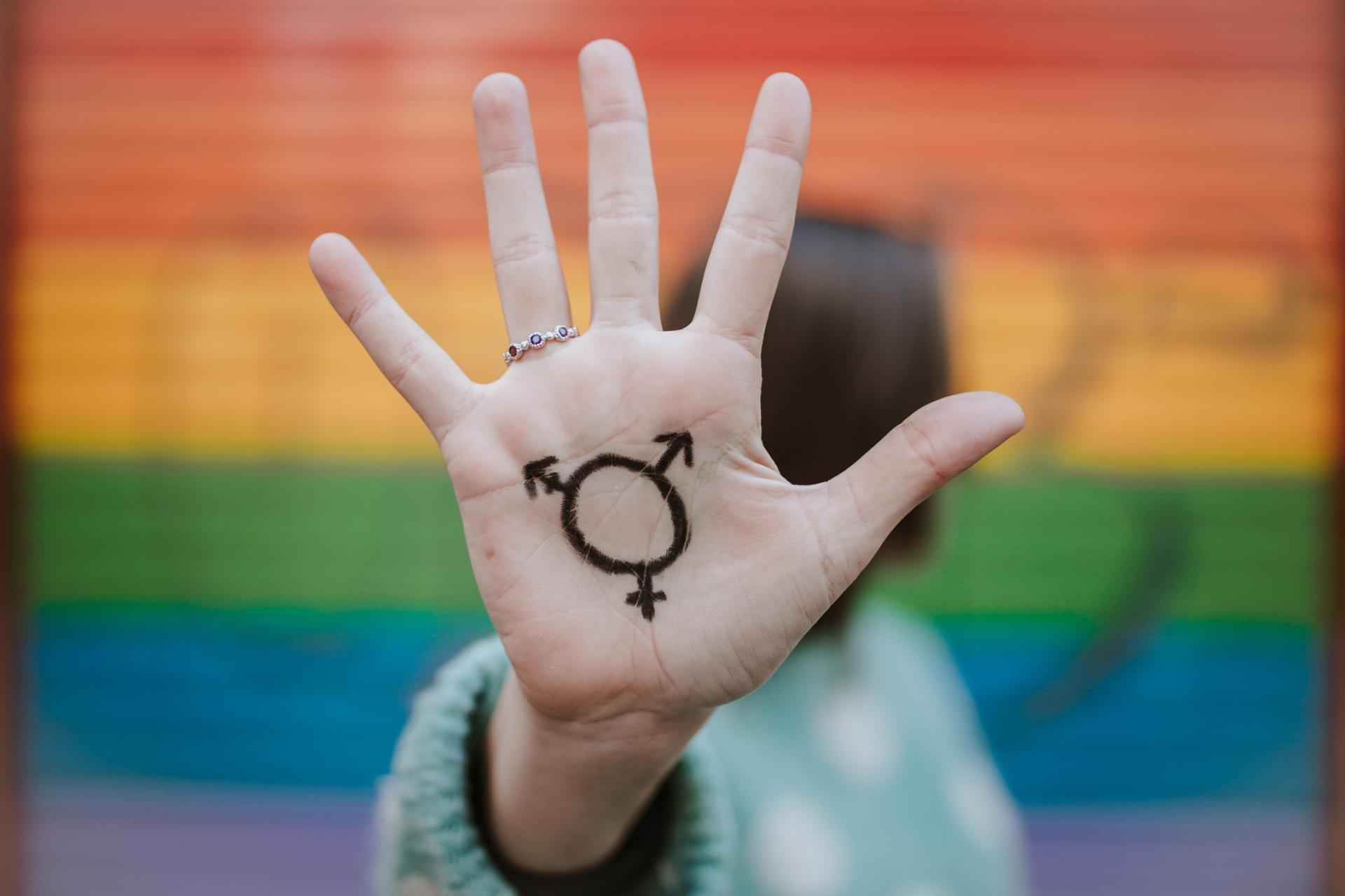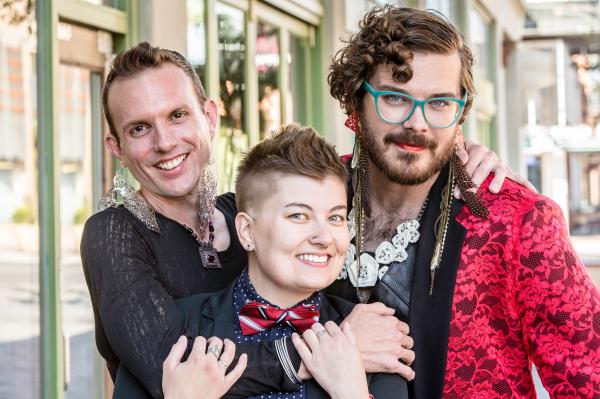Being Intersexy!


As a sexologist and sex educator, sometimes I think we engage in shortcuts -- especially when it comes to the LGBT community. This “alphabet” community actually includes a ton of letters. In fact, the more comprehensive list would look more like this: LGBTQIAQA (or any arrangement thereof). It stands for:
- L – Lesbian
- G – Gay
- B – Bisexual
- T – Transgender
- Q – Queer
- I – Intersex
- A – Asexual
- Q – Questioning
- A – Allies
Intersex and what it is
Today, I’d like to talk about one of these communities, which has been a subject throughout history, but somehow tends to stay hidden amongst mainstream populations. Most recently popularized by the book Middlesex by Jeffery Eugenides, Intersex advocates have been speaking about their genitals for quite awhile.
This is quite the opposite when it comes to the transgender community, in that, oftentimes transgender folks are asked about their genitals in ways that are extremely inappropriate and private. However, people who are intersex, generally, feel pretty safe about talking about their genitals and the various interactions that they’ve had with their genitals, which include unwanted surgeries and lies from doctors who want to “normalize” their genitals.
It's definitely not uncommon
Folks who are intersex, previously called “hermaphrodites” (which is now derogatory), have been speaking up about their sex lives. In my experience with friends who are intersex, they tend to be in no shortage of lovers at any given time. It seems that having ambiguous genitalia or other intersex conditions (there are over 30) isn’t problematic for a lot of folks.
There are a ton of people who are intersex. In fact, about 1 in 1,500-2,000 babies are born intersex. Doctors have been socialized to operate on the children throughout their childhood to shape their genitals in a certain way, which, in my experience, most intersex folks regret the surgeries that have been done to them. Those who are “lucky” have their original genitals and usually are pretty happy and privileged about keeping their genitals intact.
Some folks haven’t been so lucky. From cliterectomies to vaginoplasties to orchiectomies, folks who are intersex have been essentially mutilated and have been subject to painful sex and their loss of ability to have an orgasm through genital contact.
How to support
If you want to support someone who has had this situation happened to them, there are a few things that you can do to help them on their sexual journey. These are the people who have had, in my opinion, the most trauma and need healing. If you know me, then you know that your lovers can be the ones that can heal you from the most traumatic incidents; so, to be a healer is not only powerful, but truly sacred in the eyes of the healed.
The first thing that you can do is accept them as they are. A lot of times, we want people to be “perfect.” We expect them to be the things that we want them to be and the reality is, is that this isn’t possible. There’s always going to be something about someone that you don’t like. It’s the flaws that you can’t stand that will not be able to maintain a loving relationship. The flaws that you can stand can be mutable and provide for the solid base in your relationship.
The second thing is to love their body. And I don’t mean just saying that you love them. I mean feeling every part of their body. I mean kissing every part that you love about them, which includes their genitals. I mean loving their mind and really thinking about how you can caress them with full, erotic intention and genuine love. This is what I imagine would be happening for most people who have had amazing sex lives as an intersex person with a partner who is not intersex.








